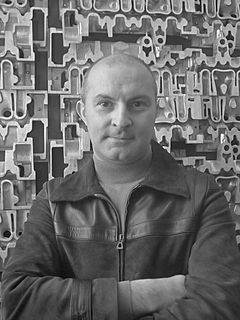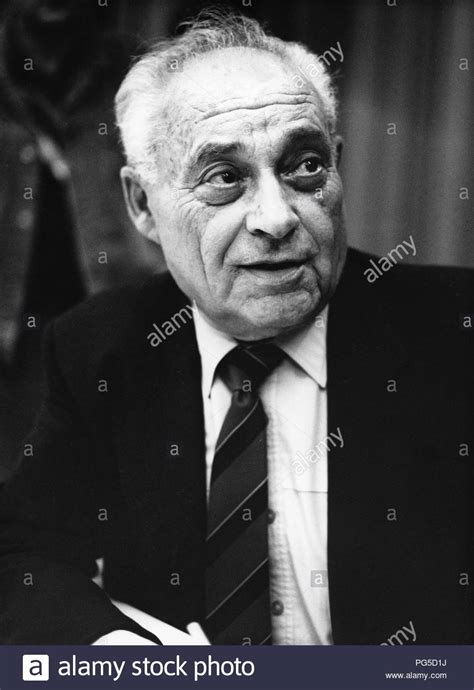A Quote by Laura van den Berg
Sometimes we talk about memory as though it's firm and fixed, but of course, memory is highly fluid and subjective and thus highly subject to manipulation.
Related Quotes
I'm still willing to continue living with the burden of this memory. Even though this is a painful memory, even though this memory makes my heart ache. Sometimes I almost want to ask God to let me forget this memory. But as long as I try to be strong and not run away, doing my best, there will finally be someday...there will be finally be someday I can overcome this painful memory. I believe I can. I believe I can do it. There is no memory that can be forgotten, there is not that kind of memory. Always in my heart.
Time doesn't exist. It doesn't exist in any way. It's more subjective than real. Time doesn't exist. I believe in memory. Memory is the real inspiration. Memory creates time. Memory is pure power. Pure power and pure strength, and pure utilization of space and time (if time is something we can really ever label). But I don't believe in time itself.
We no longer see the evolution of the nervous system, but that of a certain individual. The role of the memory is very important but... not as important as we believe. Most of the important things that we do don't depend on memory. To hear, to see, to touch, to feel happiness and pain; these are functions which are independent of memory; it is an a priori thing. Thus, for me, what memory does is to modify that a priori thing, and this it does in a very profound way.
We have everywhere an absence of memory. Architects sometimes talk of building with context and continuity in mind, religious leaders call it tradition, social workers say it's a sense of community, but it is memory we have banished from our cities. We have speed and power, but no place. Travel, but no destination. Convenience, but no ease.
We are too ready to imagine that we are religious, because we know something of religion. We appropriate to ourselves the pious sentiments we read, and we talk as if the thoughts of other men's heads were really the feelings of our own hearts. But piety has not its seat in the memory, but in the affections, for which however the memory is an excellent purveyor, though a bad substitute.






































